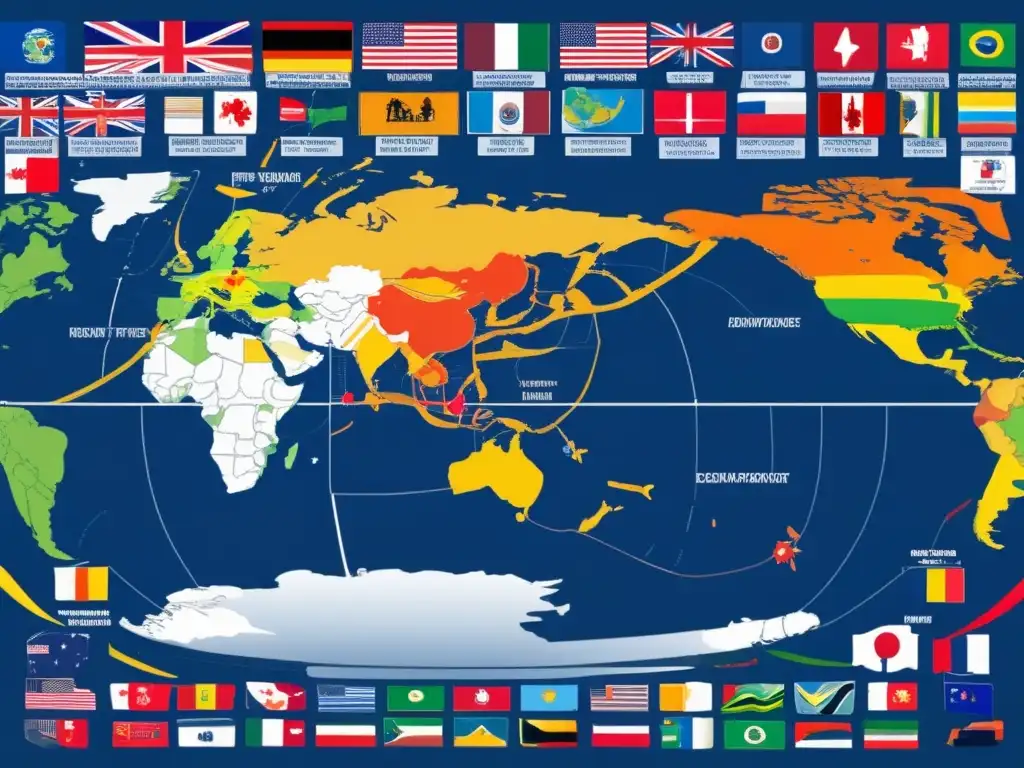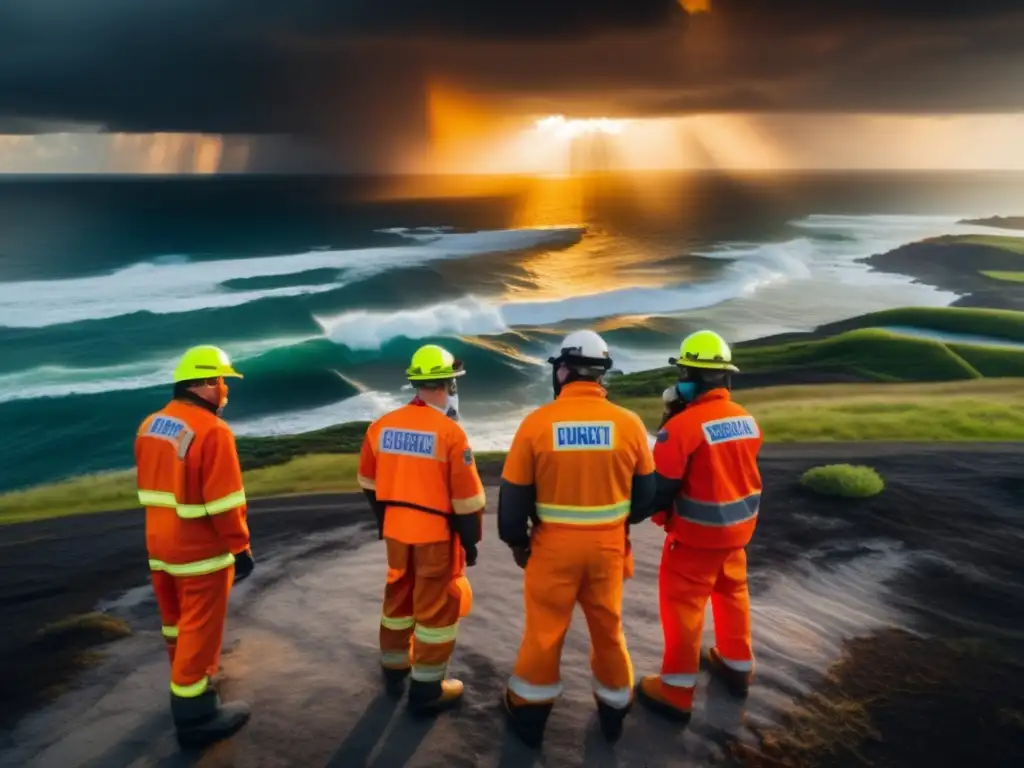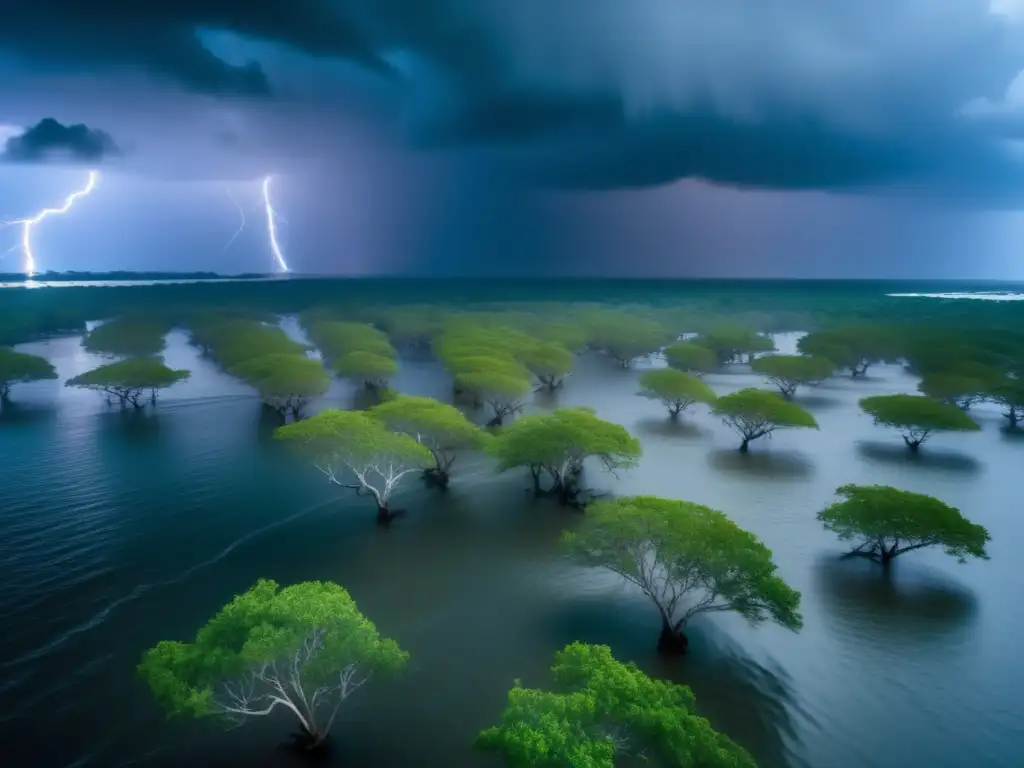International Cooperation In Hurricane Tracking And Response

International Cooperation in Hurricane Tracking and Response
Introduction
Hurricanes are among the most devastating natural disasters, causing billions of dollars in damage and claiming numerous lives every year. It is imperative to gather accurate information about hurricanes to prepare for their impact and minimize their destruction. International cooperation in hurricane tracking and response is a critical aspect of this preparation. In this article, we will explore the importance of international cooperation in hurricane tracking and response, the networks and organizations involved, and the benefits of such cooperation.
The Role of International Cooperation in Hurricane Tracking and Response

Global Information Sharing
International cooperation allows for the sharing of critical information about hurricanes, including their location, intensity, and projected path. A clear understanding of these aspects is essential for disaster response and evacuation planning. The World Meteorological Organization (WMO), a specialized UN agency, coordinates the global sharing of meteorological data and forecasts related to tropical storms and hurricanes. The WMO also works with national meteorological services to ensure that the information gathered is standardized across borders and easily accessible.
Regional Organizations
In many regions, organizations exist to coordinate efforts between different countries or territories. For example, the Caribbean Meteorological Organization (CMO) works with 16 member countries to share information about hurricanes and other weather phenomena. The CMO coordinates the sharing of data, resources, and personnel to improve hurricane forecasting and preparedness in the region. Similarly, the Pacific Meteorological and Hydrological Service Network works with the Pacific island nations to provide accurate information and early warnings of tropical storms and hurricanes.
Joint Response Efforts
In addition to tracking and forecasting hurricanes, international cooperation can also facilitate joint response efforts. Countries can work together to send aid and support to affected areas in the aftermath of a hurricane. The United Nations Office for the Coordination of Humanitarian Affairs (OCHA) coordinates these efforts and helps to ensure that resources are distributed efficiently. International cooperation in hurricane response efforts can also include sharing expertise in disaster management and recovery.
The Networks and Organizations Involved
World Meteorological Organization
The World Meteorological Organization (WMO) coordinates the collection and dissemination of global meteorological data as well as information related to hurricanes. The WMO works closely with national meteorological services to ensure that forecast information is standardized and easily accessible. The organization also maintains a network of specialized centers that provide forecasts and expert advice on tropical storms and hurricanes.
Regional Organizations
There are several regional organizations that facilitate cooperation between different countries and territories in hurricane tracking and response. These include:
- The Caribbean Meteorological Organization (CMO)
- The Pacific Meteorological and Hydrological Service Network (PMHS)
- The South Pacific Regional Environment Programme (SPREP)
- The Intergovernmental Authority on Development Climate Prediction and Application Centre (ICPAC)
Joint Response Efforts
The United Nations Office for the Coordination of Humanitarian Affairs (OCHA) coordinates joint response efforts in the aftermath of hurricanes. OCHA works with member states, UN agencies, and other partners to provide humanitarian assistance and coordinate relief efforts.
The Benefits of International Cooperation in Hurricane Tracking and Response

Improved Accuracy of Hurricane Forecasting
International cooperation in hurricane tracking and response has improved the accuracy of hurricane forecasting over the years. By sharing data, resources, and personnel, countries can gain a more comprehensive understanding of the weather patterns that lead to hurricanes. This information can then be used to develop more accurate forecasts and provide early warnings that can save lives and prevent damage.
More Effective Response Efforts
International cooperation can also improve the effectiveness of response efforts in the aftermath of a hurricane. By working together, countries can pool their resources and expertise to provide aid and support to those affected. This can help to ensure that resources are distributed efficiently and that everyone receives the assistance they need.
Greater Awareness and Preparedness
Global cooperation in hurricane tracking and response efforts can also raise awareness about the risks and potential impact of hurricanes. By sharing information and knowledge, countries can help to educate their citizens about what to do before, during, and after a hurricane. This can lead to better preparedness and a more effective response in the event of a hurricane.
Frequently Asked Questions
-
What is the World Meteorological Organization?
The World Meteorological Organization (WMO) is a specialized UN agency that coordinates meteorological services and provides information related to weather and climate. The WMO plays a critical role in global cooperation efforts related to hurricane tracking and response.
-
What is the United Nations Office for the Coordination of Humanitarian Affairs?
The United Nations Office for the Coordination of Humanitarian Affairs (OCHA) coordinates international response efforts in the aftermath of disasters, including hurricanes. OCHA works with member states, UN agencies, and other partners to provide humanitarian assistance and coordinate relief efforts.
-
Why is international cooperation important in hurricane tracking and response?
International cooperation is important in hurricane tracking and response as it allows for the sharing of critical information, joint response efforts, and improved accuracy of forecasting. Global cooperation can also raise awareness about the risks and potential impact of hurricanes, leading to better preparedness and a more effective response.
-
What are some regional organizations involved in hurricane tracking and response?
Regional organizations involved in hurricane tracking and response include the Caribbean Meteorological Organization (CMO), the Pacific Meteorological and Hydrological Service Network (PMHS), the South Pacific Regional Environment Programme (SPREP), and the Intergovernmental Authority on Development Climate Prediction and Application Centre (ICPAC).
-
How has international cooperation improved hurricane forecasting?
International cooperation has improved hurricane forecasting by allowing for the sharing of data, resources, and personnel. By gaining a more comprehensive understanding of the weather patterns that lead to hurricanes, countries can develop more accurate forecasts and provide early warnings that can save lives and prevent damage.
Conclusion
International cooperation plays a crucial role in hurricane tracking and response efforts. By facilitating the sharing of critical information, coordination of joint response efforts, and improving the accuracy of forecasting, global cooperation helps to minimize the destruction caused by hurricanes. It also raises awareness about the risks and potential impacts of hurricanes, leading to better preparedness and a more effective response in the event of a hurricane. As hurricane-prone areas continue to face the threat of these powerful storms, international cooperation remains a vital aspect of efforts to protect lives, homes, and communities.
Thank you for reading this article on international cooperation in hurricane tracking and response. Please share your thoughts in the comments section, and don't forget to subscribe to HurricaneInsider.org for more informative content.
Additional Resources
- World Meteorological Organization Tropical Cyclone Programme
- United Nations Office for the Coordination of Humanitarian Affairs (OCHA)
- Pacific Meteorological and Hydrological Service Network
- Intergovernmental Authority on Development Climate Prediction and Application Centre
 Technological Innovations In Hurricane Prediction
Technological Innovations In Hurricane Prediction The Role Of Mangroves In Protecting Coasts From Hurricanes
The Role Of Mangroves In Protecting Coasts From Hurricanes Climate Change And Its Impact On Hurricanes
Climate Change And Its Impact On HurricanesIf you want to discover more articles similar to International Cooperation In Hurricane Tracking And Response, you can visit the Basic knowledge about hurricanes: category.
Leave a Reply

Articulos relacionados: